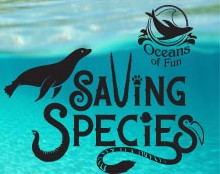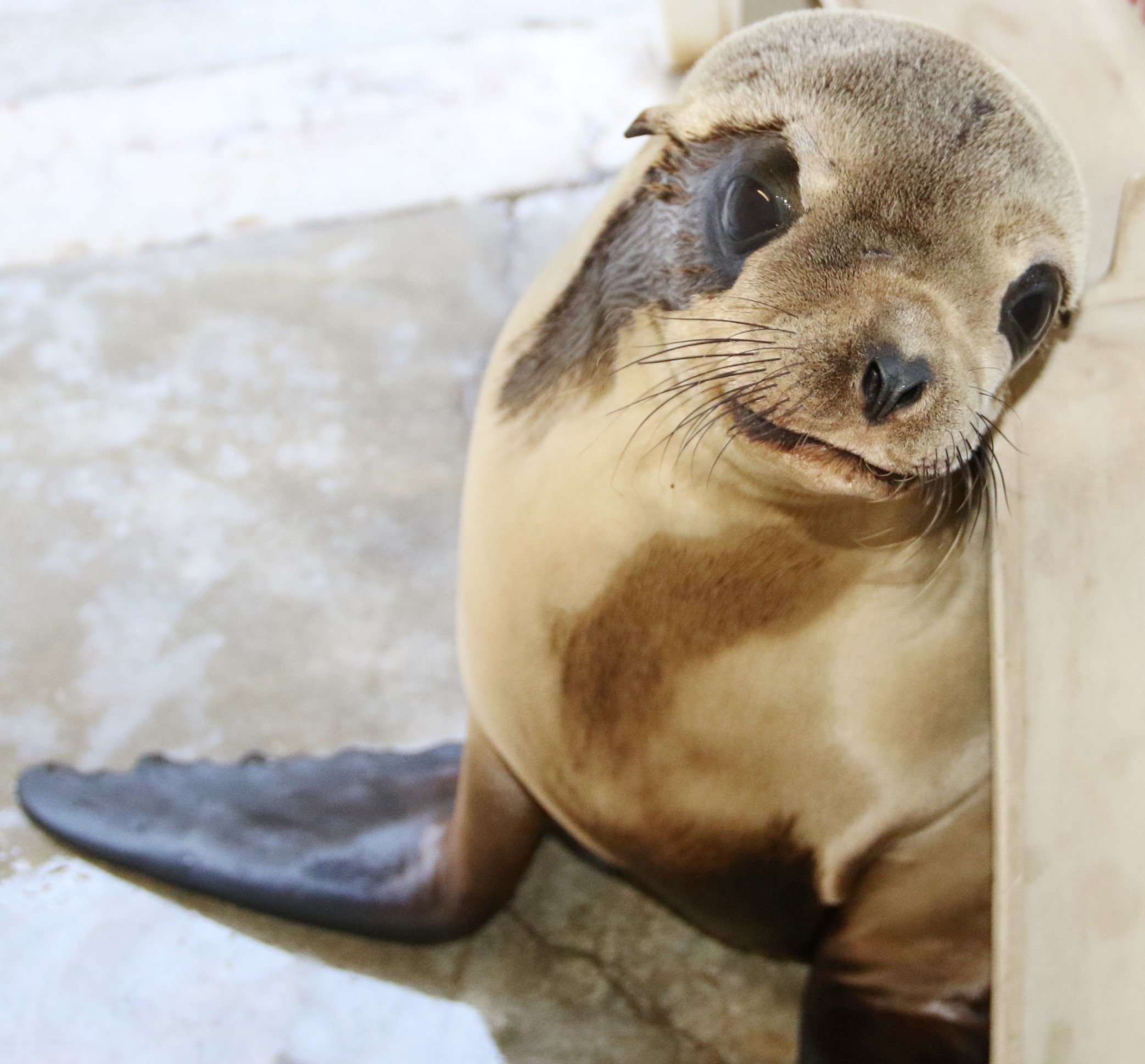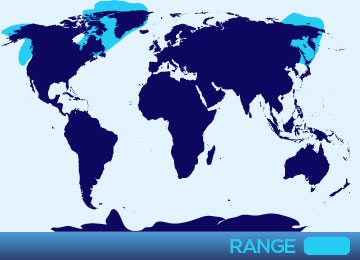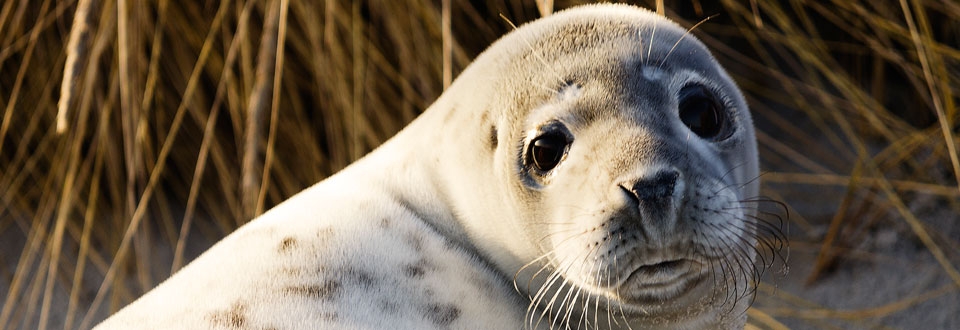
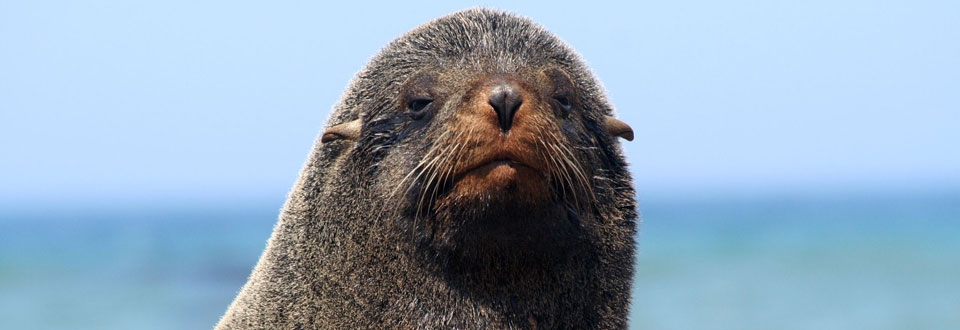
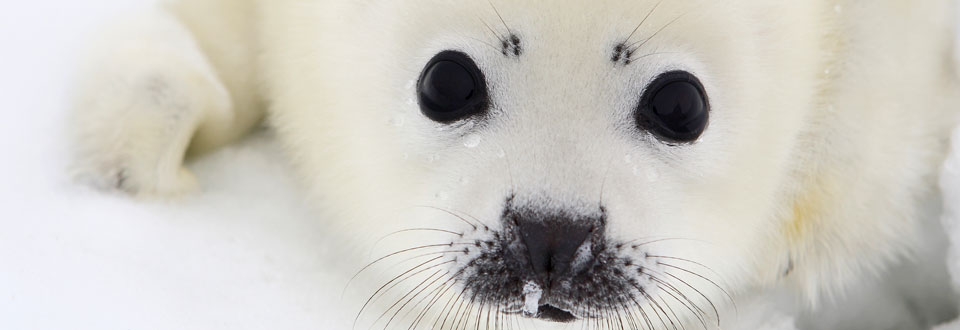
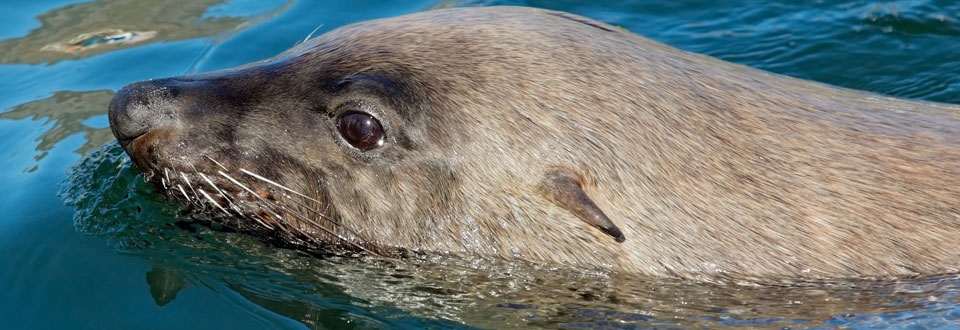
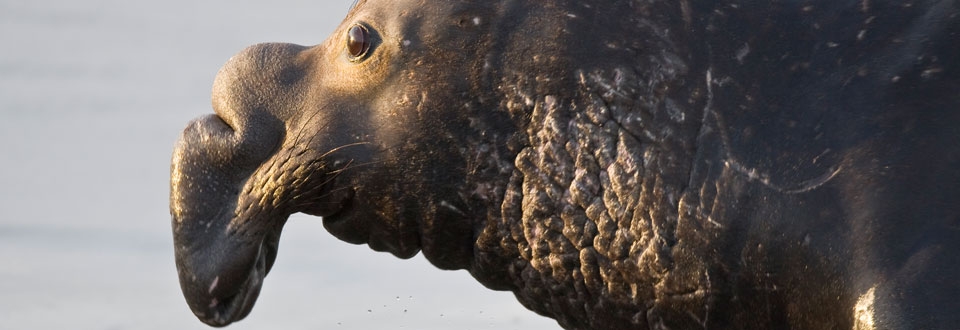
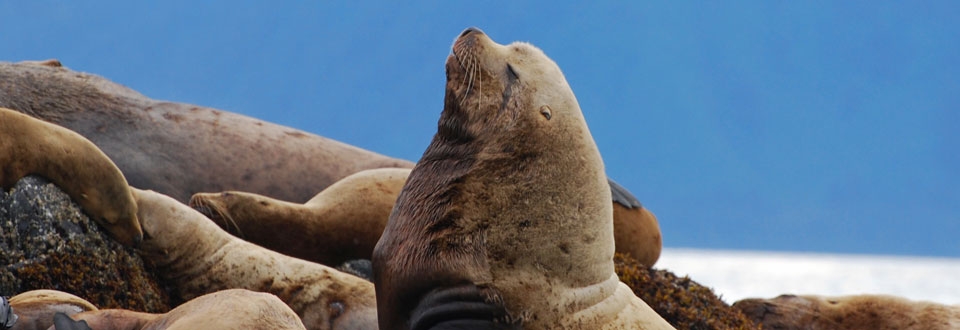
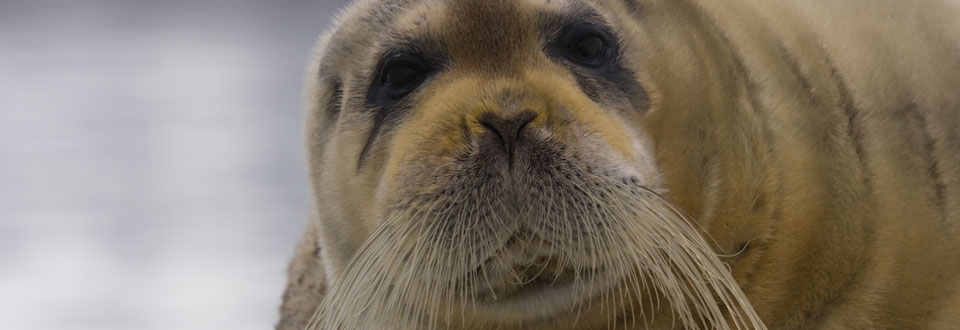
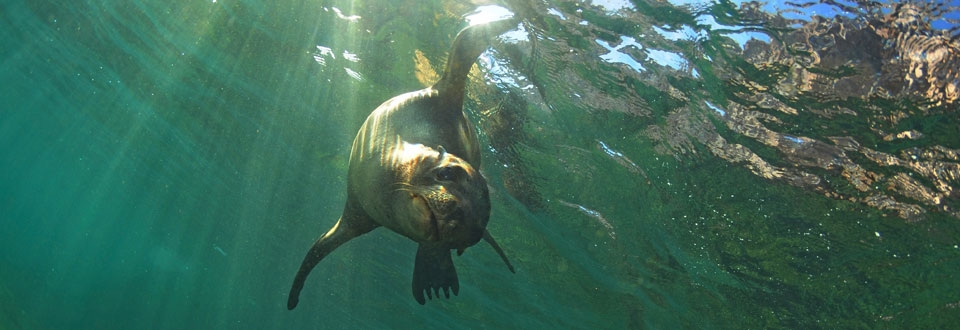
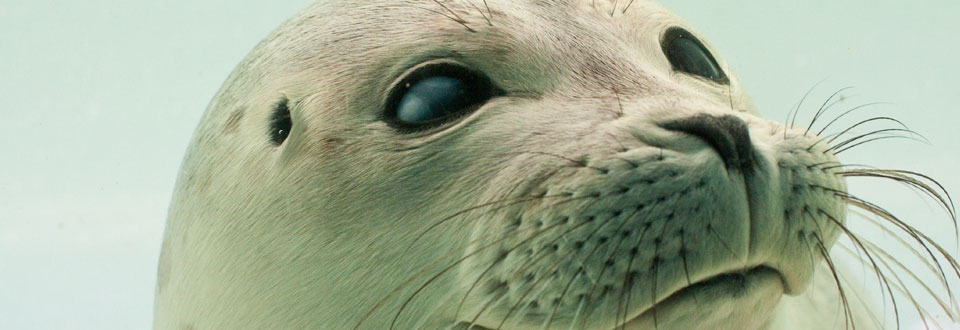
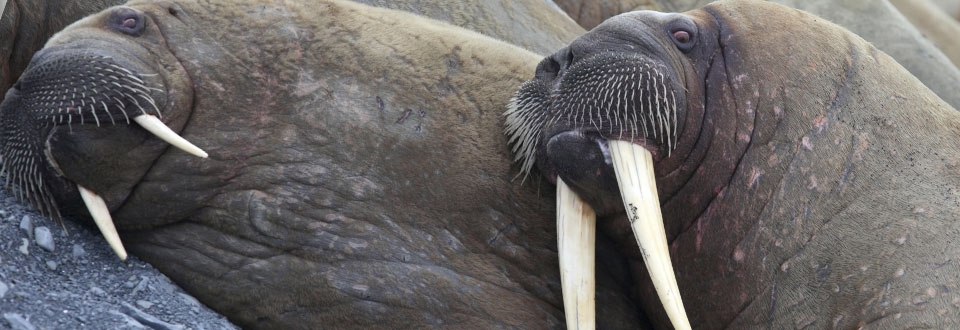
Pinniped Species
All
x
- – No known individuals remaining.
- – Known only to survive in captivity, or as a naturalized population outside its historic range.
- – Extremely high risk of extinction in the wild.
- – High risk of extinction in the wild.
- – High risk of endangerment in the wild.
- – Likely to become endangered in the near future.
- – Lowest risk. Does not qualify for a higher risk category. Widespread and abundant taxa are included in this category.
- – Not enough data to make an assessment of its risk of extinction.
- – Has not yet been evaluated against the criteria.
Harbor Seal
- – No known individuals remaining.
- – Known only to survive in captivity, or as a naturalized population outside its historic range.
- – Extremely high risk of extinction in the wild.
- – High risk of extinction in the wild.
- – High risk of endangerment in the wild.
- – Likely to become endangered in the near future.
- – Lowest risk. Does not qualify for a higher risk category. Widespread and abundant taxa are included in this category.
- – Not enough data to make an assessment of its risk of extinction.
- – Has not yet been evaluated against the criteria.
Harbor seals are generally non-migratory and occur on both the U.S east and west coasts. On the east coast, harbor seals are found from the Canadian Arctic to New Jersey and occasionally in the Carolinas. On the west coast, harbor seals are found in the coastal and estuarine waters from British Columbia, Canada to Baja, California. They are found further west through the Gulf of Alaska and in the Bering Sea.
Harbor seals have small front flippers only about the size of a human hand. They also lack external ear flaps or pinnae. Instead, they have internal ears so all you are able to see is a small hole or bump about an inch behind their eye. Harbor seals' color varies but they often have a blue-gray back with light and dark speckling. They have short, dog-like snouts.
Harbor seals live in temperate coastal habitats and use rocks, reefs, beach, and drifting glacial ice as haul out and pupping sites. Harbor seals haul out on land for rest, thermal regulation, social interaction, and to give birth. Seals also haul out to avoid predators.
Harbor seals mate at sea and females give birth during the spring and summer; although, the pupping season varies with latitude. Pups are nursed for an average of 24 days and are ready to swim minutes after being born.
Harbor seals are classified as Low Risk-least concern on the IUCN Red List. Harbor seals are protected by The Marine Mammal Protection Act of 1972 making it illegal to hunt or harass any marine mammal in U.S. waters.
Incidental catch and entanglement in fishing gear, predators, ship strikes, oil spill exposure, chemical contaminants, power plant entrainment, harassment by humans while hauled out on land, and illness.
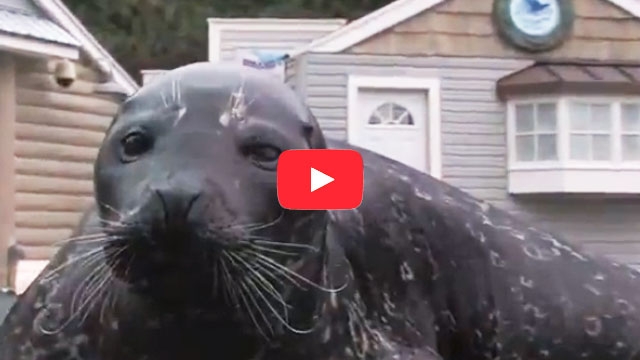
Harbor Seal




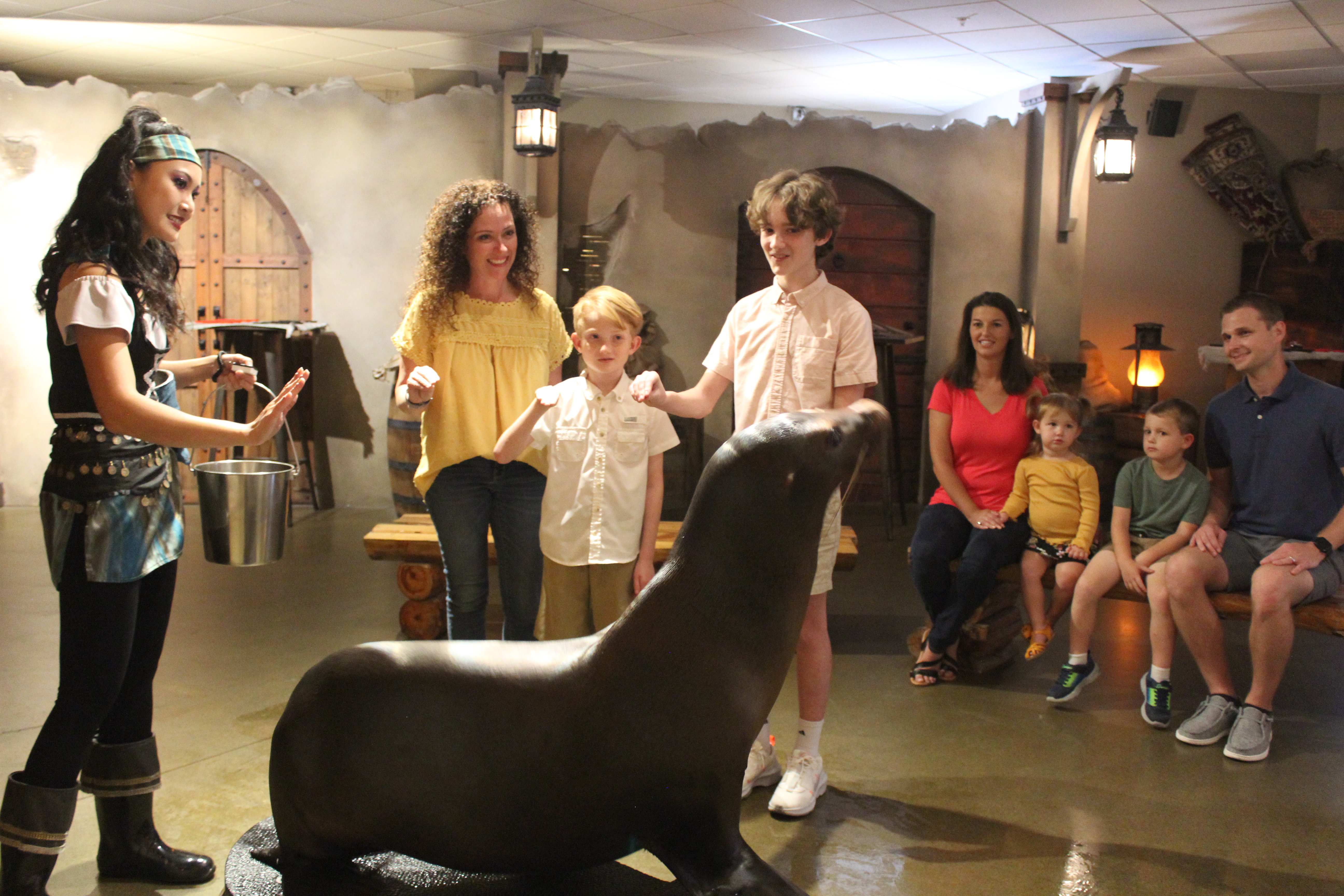 Animal Encounter
Animal Encounter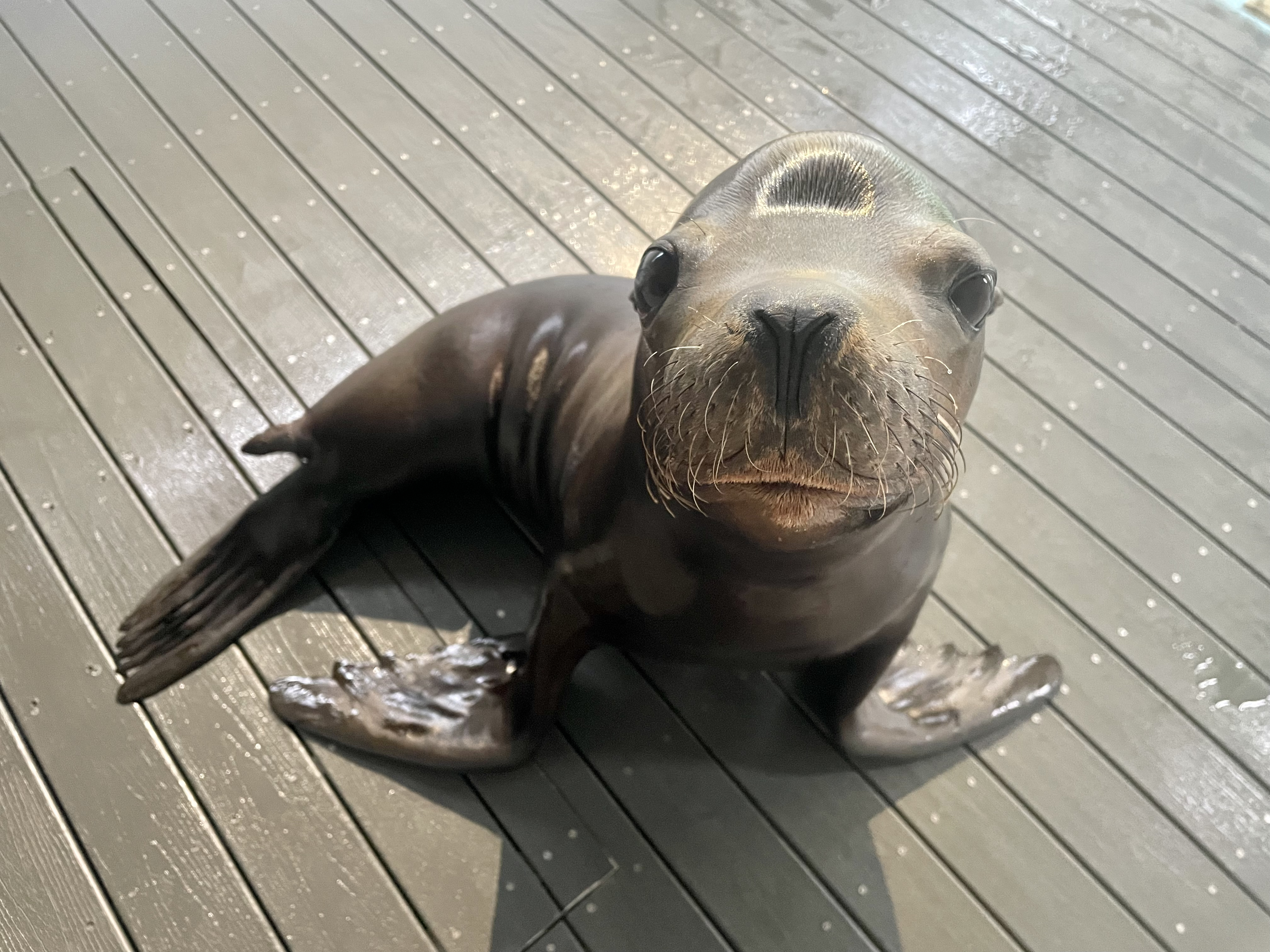 Our Locations
Our Locations
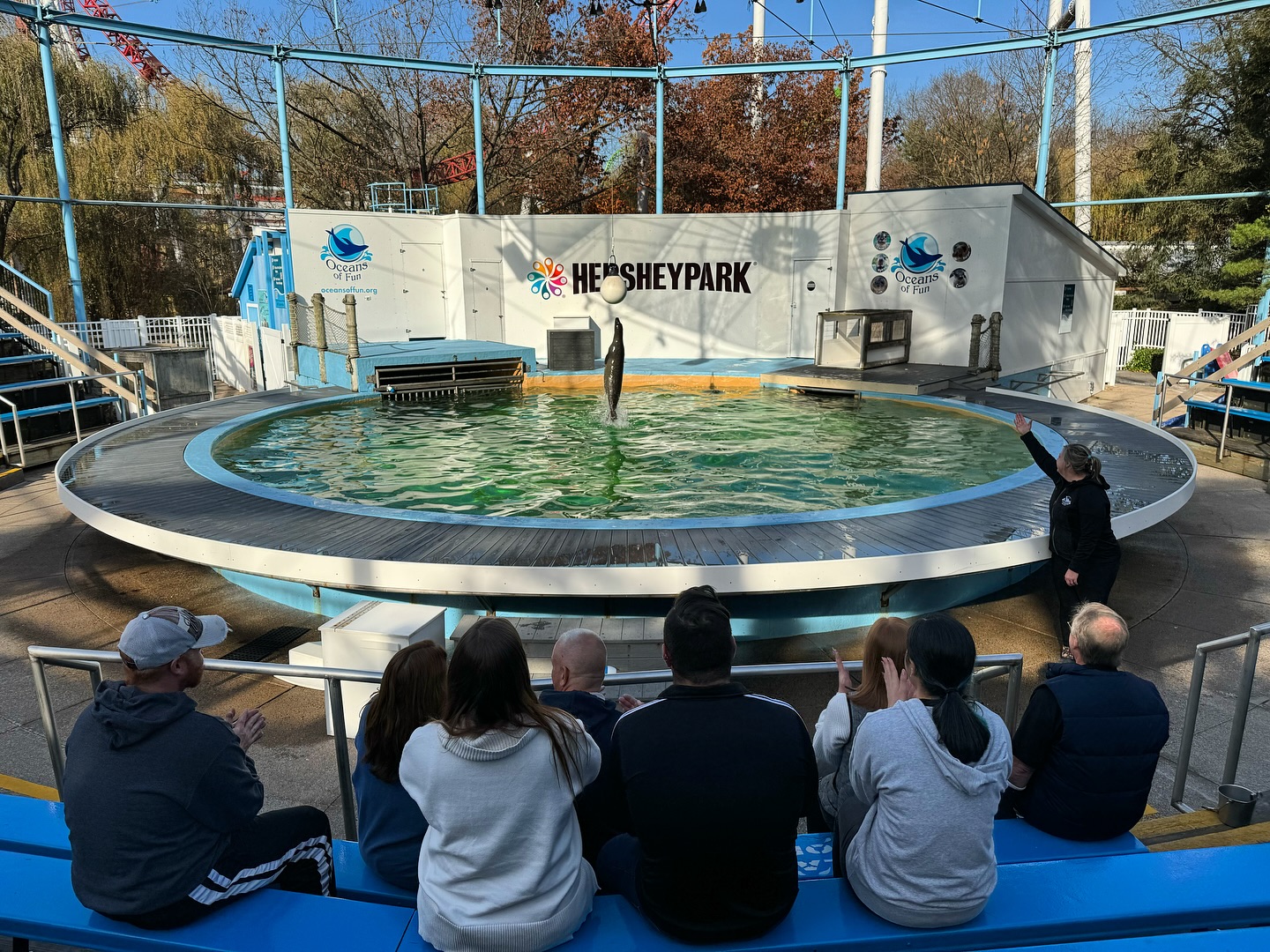 Family Fun
Family Fun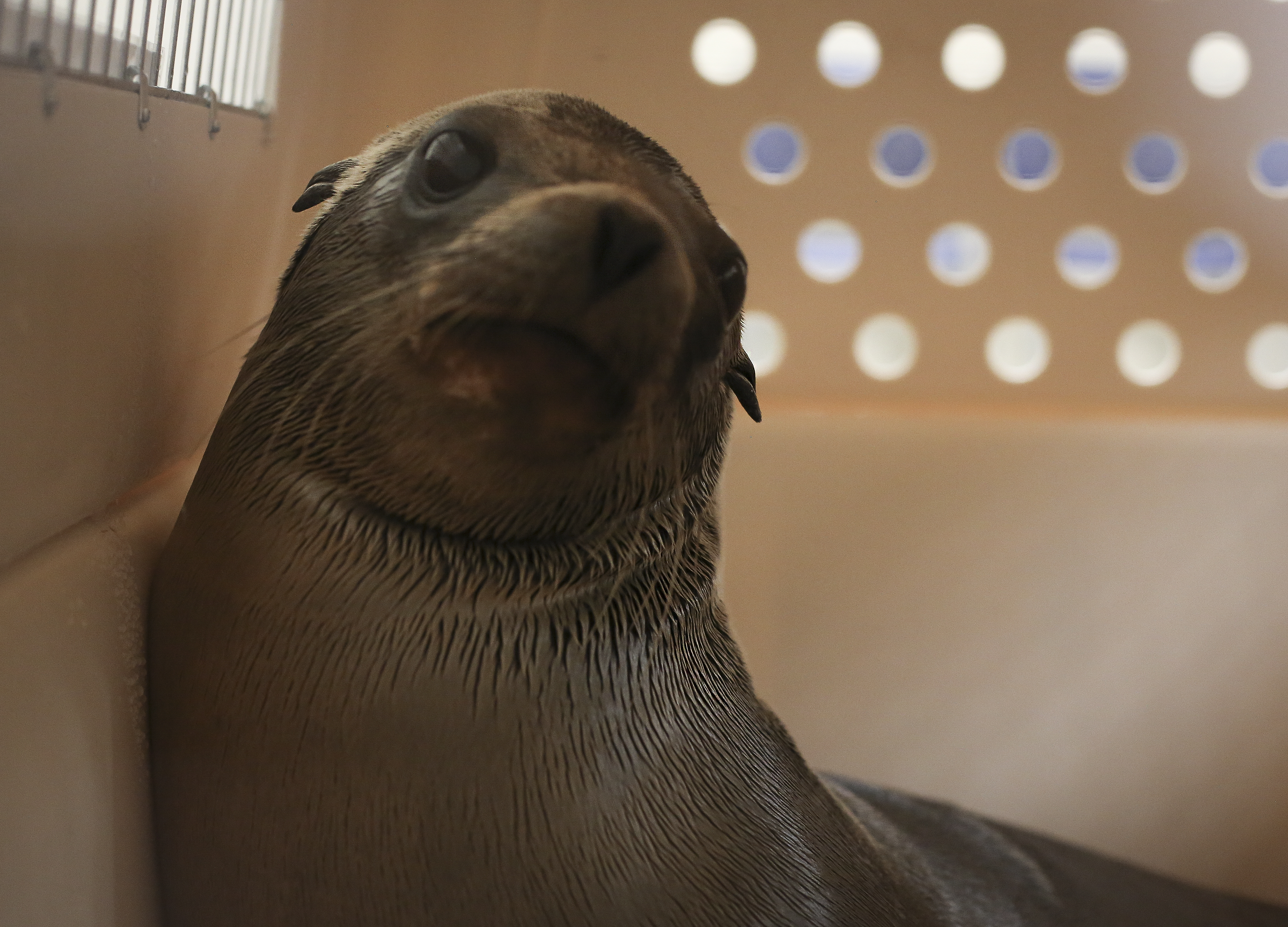
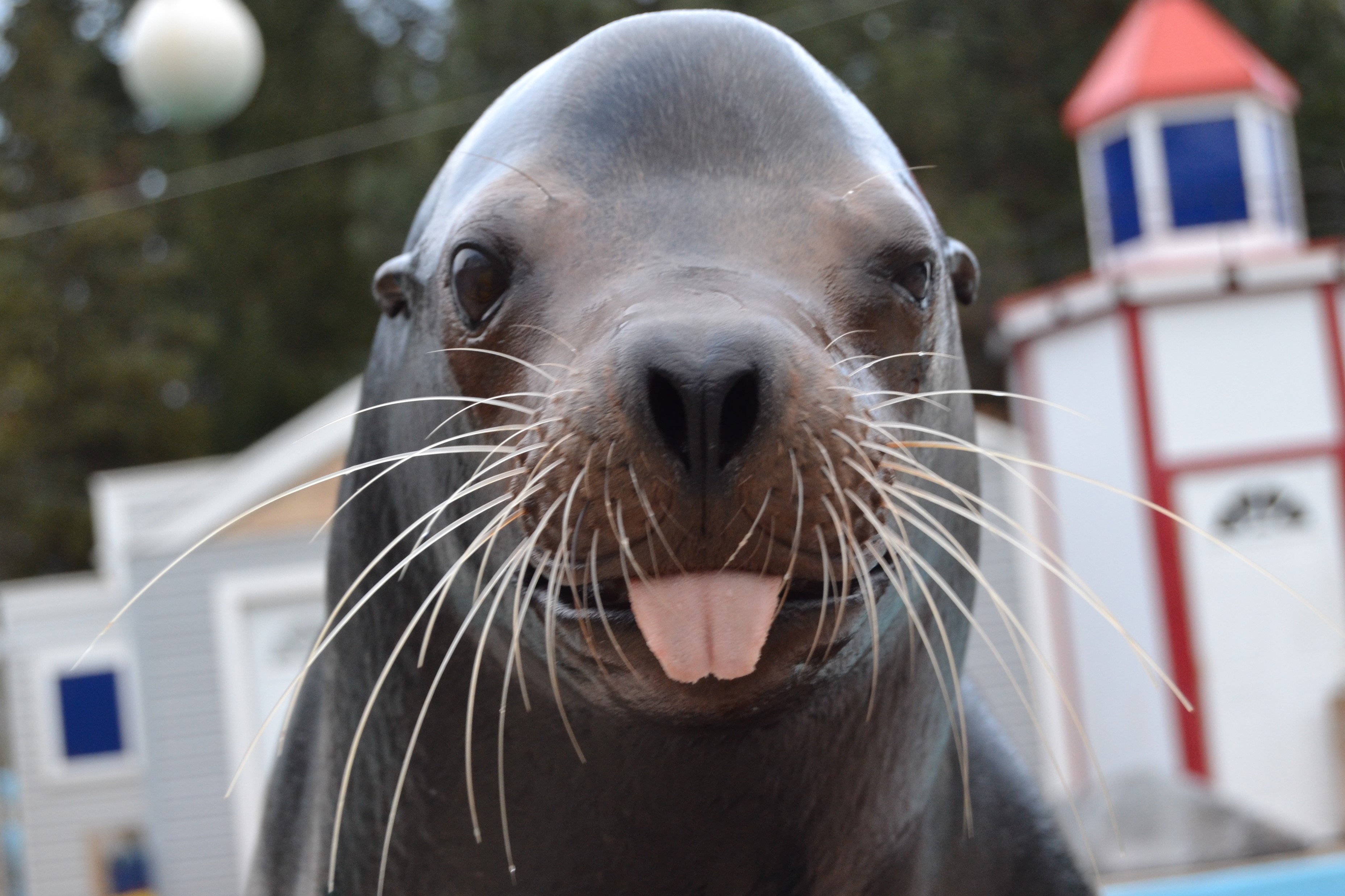
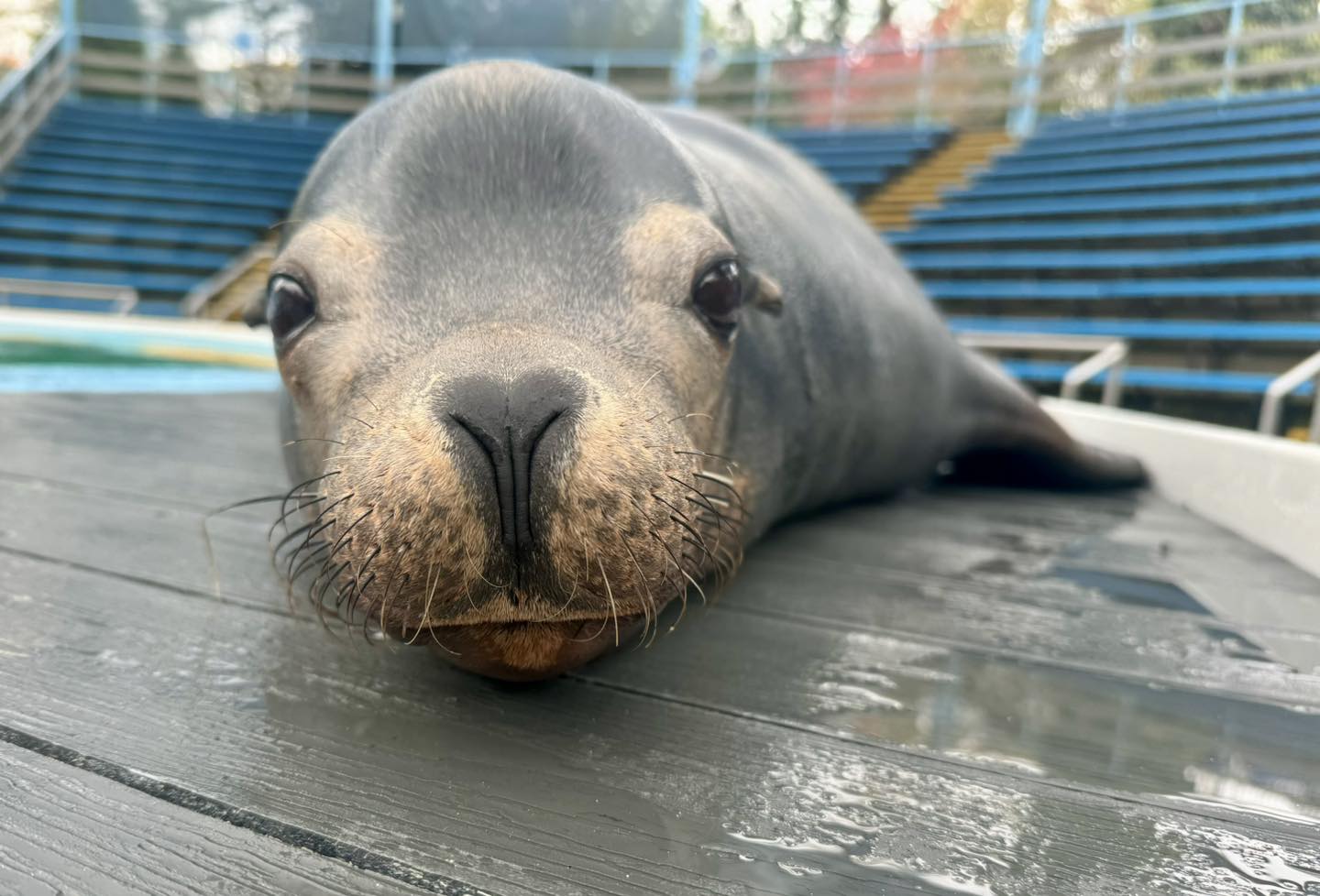 Meet Ripley!
Meet Ripley!
